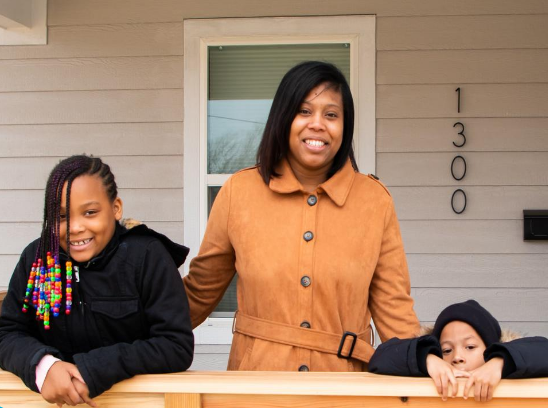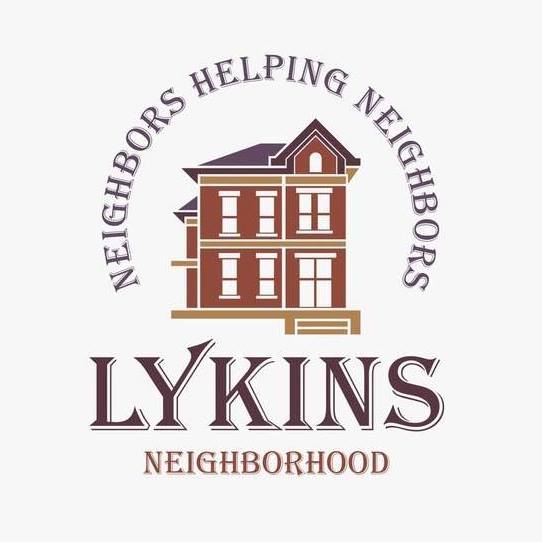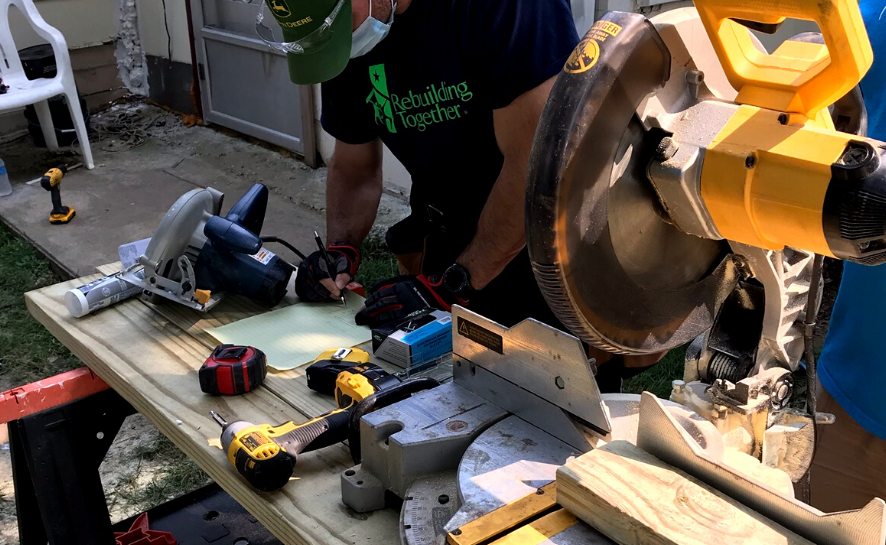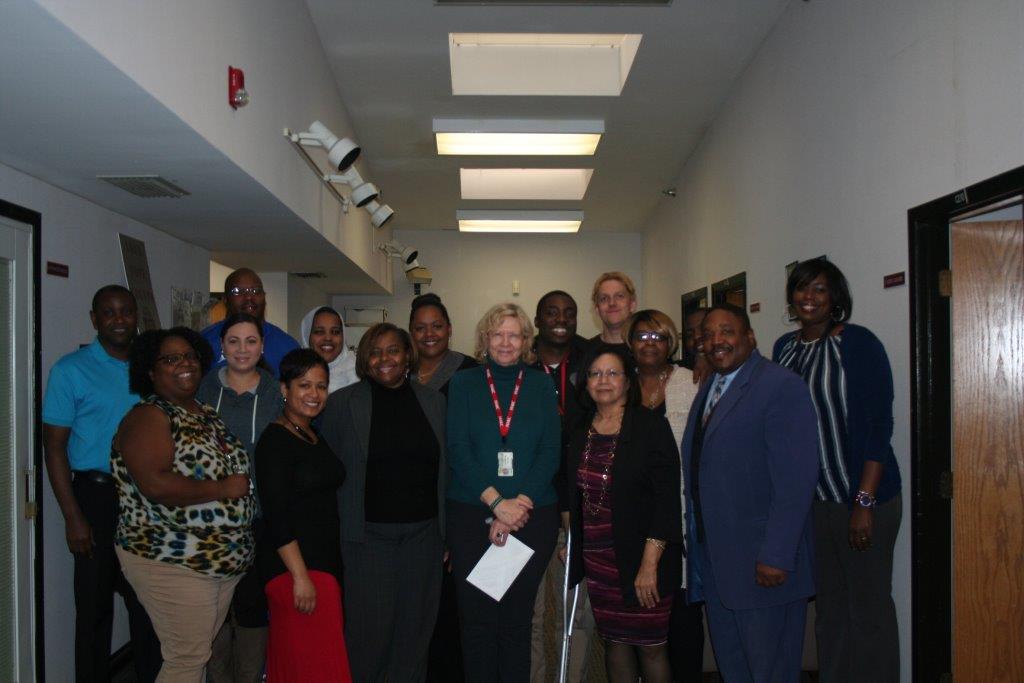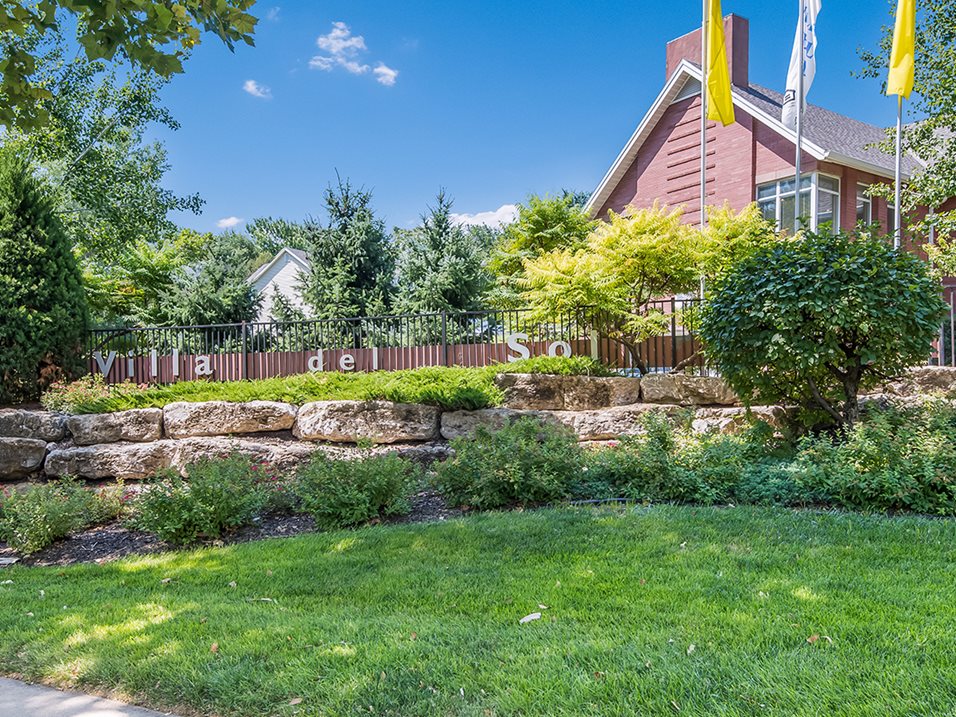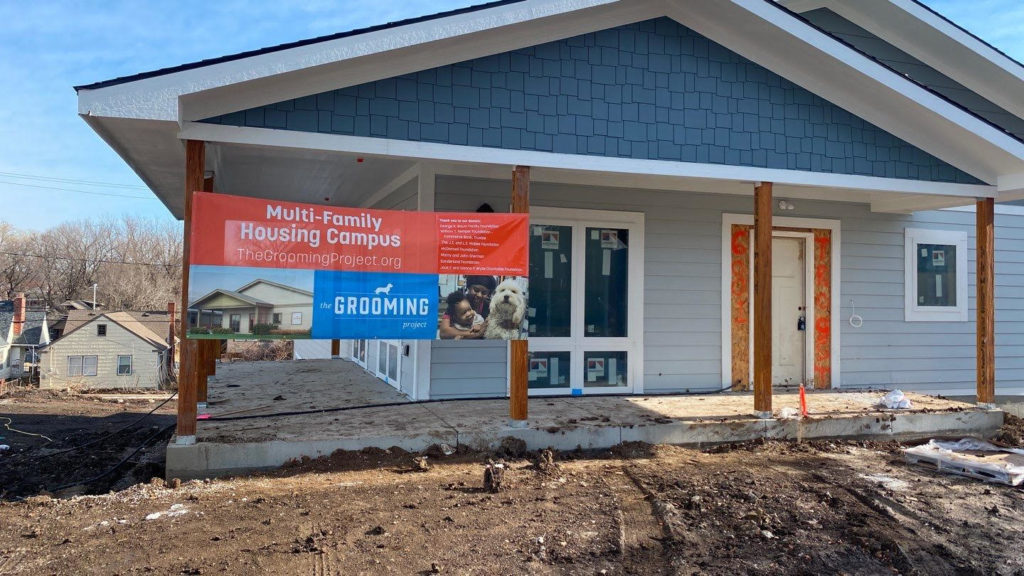Below you can learn about some great Kansas City affordable housing success stories. We hope that these examples will serve a few valuable functions:
- To provide models for replication, and for expansion;
- To demonstrate the many creative and innovative approaches working;
- To shine a light on the difference an affordable home makes in a person’s life;
- To provide leads, contact info, for people providing excellent housing program(s);
- To highlight stories that address critical issues facing the Kansas City affordable housing community.
Do you have an initiative that we should include here? Please submit a Kansas City affordable housing success story.

